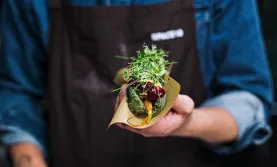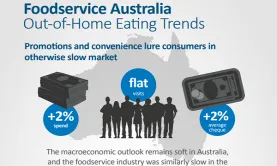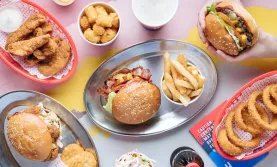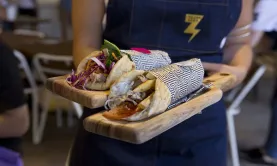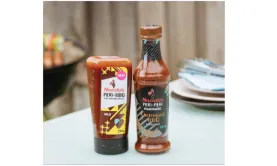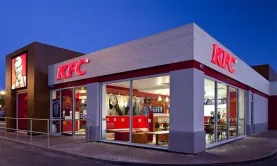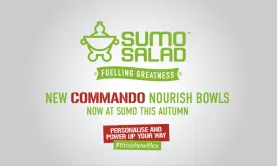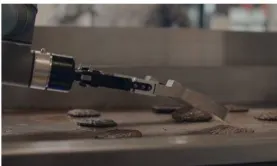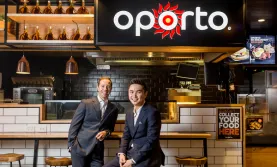News
Social Media Wrap Up: Hungry Jack's to launch new burger offers; Boost Juice gives away $1,000 worth of Ether; Krispy Kreme's Easter doughnuts to launch in Jesters stores
Social Media Wrap Up: Hungry Jack's to launch new burger offers; Boost Juice gives away $1,000 worth of Ether; Krispy Kreme's Easter doughnuts to launch in Jesters stores
Find out what QSRs have been up to on social media this week.
Weekly Global News Wrap: Ikea to launch fast food of the future concept; McDonald's Experience of the Future strains employees; Little Caesars unveils new pizza robot
Here is a summary of the most interesting QSR news stories of the week from around the world.
Gelato Messina rolls out gelato Easter eggs
Each box contains three flavours and handmade in the Messina kitchens.
Promotions and convenience lure consumers in otherwise slow market: NPD Group
Find out the latest foodservice out-of-home eating trends for Q4 2017.
Huxtaburger introduces first franchisees
Huxtaburger's local expansion plans will be followed by national growth.
Guzman y Gomez launches breakfast menu
The new menu is rolling out in select stores across the country from March 15.
Doughnut Time goes into liquidation
The remaining outlets were closed last week.
Zeus Street Greek opens first Melbourne store
It is launching its 20th store in the suburb of Moonee Ponds.
Nando's releases two new products to grocery line
It will launch a new barbecue sauce as well as a new barbecue marinade.
Hear from the leading delivery firms at the QSR Media Detpak Conference 2018
Three major players from the biggest delivery firms will sit on a panel to discuss the market's growth.
Nominations are now open for the QSR Media Detpak Awards 2018
Deadline for the submission of entries is on the 5th of May 2018.
Restaurant Brands' sales soar 49% in Q4
For the 12 months ended 26 February 2018, Restaurant Brands’ total sales were $740.8m, up 49% on the prior year.
Social Media Wrap Up: Guzman y Gomez marks 100th store; Chicken Treat unveils new range of burgers; SumoSalad launches new Commando bowls
Find out what QSRs have been up to on social media this week.
Weekly Global News Wrap: Starbucks US taps digital menus; Flippy stops flipping after two days of work; McDonald's US launches fresh beef
Here is a summary of the most interesting QSR news stories of the week from around the world.
Sandwich Chefs expands with new Sydney site
The brand is giving away free roast rolls and coffee to celebrate its new location in Casula Mall, Sydney.
Oporto to enter Singapore in April 2018
It plans to roll out 10 restaurants in the next five years.
Is it kilojoule worthy?
The Food Regulation Secretariat is reviewing the current menu labelling schemes in place around Australia.

